Hypothyroidism – also called an underactive thyroid – is the most common type of thyroid disorder.
If you have hypothyroidism, it means your thyroid gland isn’t producing enough thyroid hormone. This slows your metabolism and can have a variety of effects on your body, everything from symptoms that are uncomfortable (being tired, gaining weight) to serious ones (heart disease, nerve damage).
Why It Occurs
The thyroid is a small, butterfly-shaped gland located at the base of the neck. It releases hormones that help many parts of your body use energy. Hormones produced by the thyroid help regulate vital bodily processes such as your heart rate, blood pressure, body temperature, and metabolism.
Your thyroid can suddenly, or slowly over time, produce fewer hormones needed to fuel your body. Other than genetics, two major causes of hypothyroidism are:
Hashimoto’s Thyroiditis
This is an autoimmune disorder that can cause hypothyroidism, as well as an enlargement of the thyroid, which is called a goiter. Risk factors for Hashimoto’s thyroiditis include genetics, radiation exposure, and too much iodine. Also, Hashimoto’s thyroiditis occurs significantly more often in women than in men.
Damage/Removal of the Thyroid
Your thyroid gland may become damaged from X-rays or some forms of cancer treatment, such as radiation therapy. The gland is sometimes surgically removed due to thyroid cancer or a large goiter and, once removed, it can no longer produce thyroid hormones.
Signs & Symptoms of Hypothyroidism
During the early stages of hypothyroidism, you may not notice anything at all. It’s important to recognize the symptoms – especially since treating hypothyroidism is typically easy and involves taking a synthetic version of the thyroid hormone your body is lacking.
Signs and symptoms of hypothyroidism include:
- Fatigue, lethargy
- Unintended weight gain
- Always feeling cold
- Dry skin, brittle hair
- Constipation
- Muscle weakness and joint pain
- Depression
- Irregular menstruation
- Drooping eyelids
- Puffiness in the eyes and face
- Low libido
- Confusion, brain fog
Complications can develop when hypothyroidism remains undiagnosed or untreated for long periods of time. These complications may include heart disease, infertility, difficulty breathing, and coma.
What’s the Connection Between Thyroid Disorders & Diabetes?
Thyroid disorders (including hypothyroidism) are problems involving the endocrine system – which involves the production, use, and regulation of hormones in the body. For example, the most common endocrine disorder in the U.S. is diabetes, which involves a problem with the production or use of the hormone insulin. Research suggests there is a link between hypothyroidism and diabetes, in which having one may make the other more likely to develop.
Diagnosis & Treatment of Hypothyroidism
Getting diagnosed is as easy as asking your doctor or endocrine specialist, like the nurse practitioners and healthcare providers at the Diabetes & Weight Loss Center in Oviedo, Florida, about getting a blood test for hypothyroidism.
Treatment, likewise, is just as easy. It typically involves taking a prescription medication that is a synthetic version of the thyroid hormone your body is no longer making enough of. This is an oral medication, and it sometimes may require a little trial-and-error to ensure your body is getting just the right amount. Because how your body responds to this medication may change over time, it’s important to regularly see your healthcare provider for check-ups to make sure the medication you are prescribed continues to do its job effectively.
Treatment for Thyroid & Other Endocrine Disorders Near Orlando, FL
Do you think you might have hypothyroidism? It’s extremely common – and entirely treatable. You don’t need to continue to suffer from symptoms such as fatigue, weight gain, and a sensitivity to cold temperatures. Contact nurse practitioner Adriel Perez and his team at Diabetes & Weight Loss Center in Oviedo, Florida, to get the testing and treatment you need, now. Call us at (407) 890-1876 or request an appointment now.


